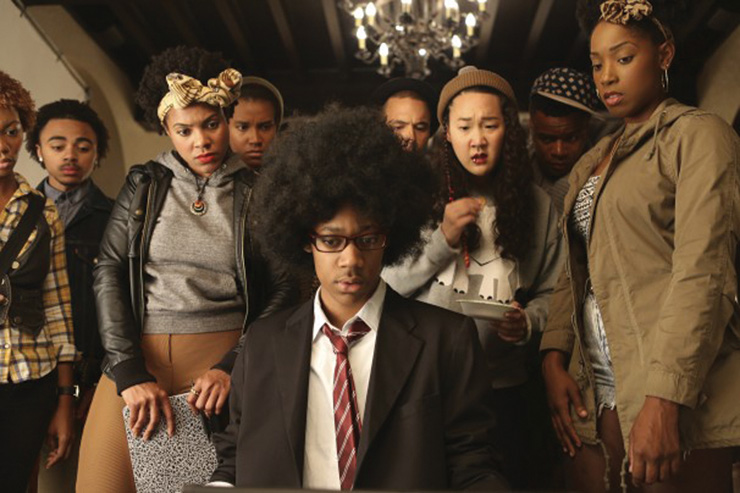When Typhoon Haiyan, otherwise known as Typhoon Yolanda, hit the Philippines in 2013, the media was quick to deem the Philippine population as “resilient,” applauding the ability of the Filipino people to persevere in the face of one of the worst natural disasters ever recorded.
But shortly after the Typhoon settled, stories of the storm slowly disappeared from major media outlets; it seemed that the Typhoon had subsided into just another Southeast Asian storm. The Philippines, however, continued to face the havoc wreaked by Yolanda. The storm was indeed massive, and the disaster in its trail was seemingly irreconcilable. Yet the media failed to answer the question: What does recovery look like?
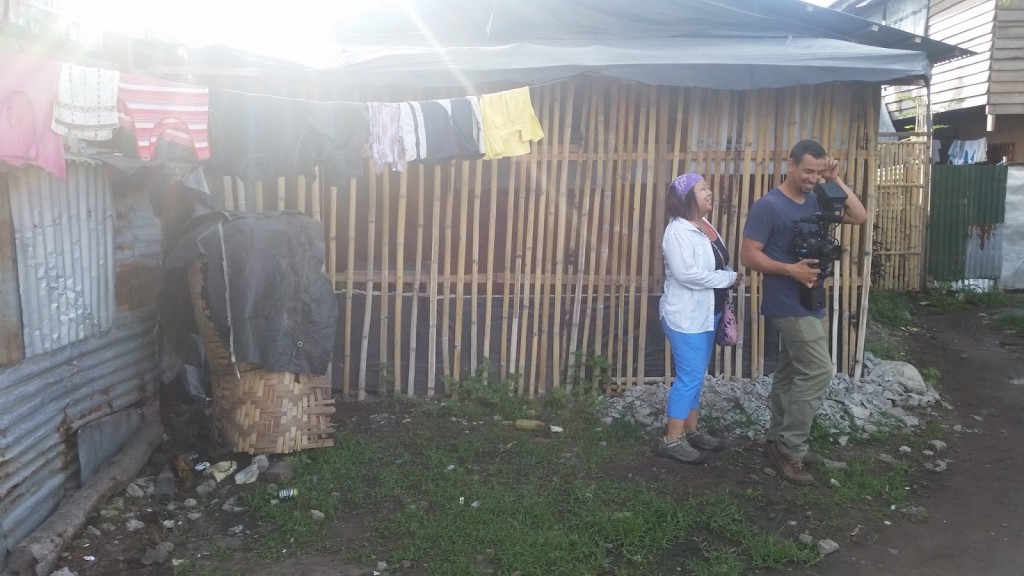
Anthony Bari, Jr., the director of We Call Her Yolanda, states that the documentary aims to answer just this. “The whole project is about recovery.” Bari clarifies, “This isn’t something [where] you can do a quick tuck and roll, and you’re back to living… It’s about growth.”
Of course, chronicling growth is a task that takes long-term commitment—and one that many, albeit with good intentions, fail to make. In contrast, the We Call Her Yolanda team has been back to Tacloban a total of four times and over these trips, the team became close to the people featured in the documentary—a family expecting a child, a fisherman, and several others. Anthony and his team were assisted by Alex Trinidad, a Filipino-American U.S. army veteran based in Manilla, whom Bari and Trinidad met during a relief operation in November 2013 where Trinidad helped guide and interpret for volunteers.
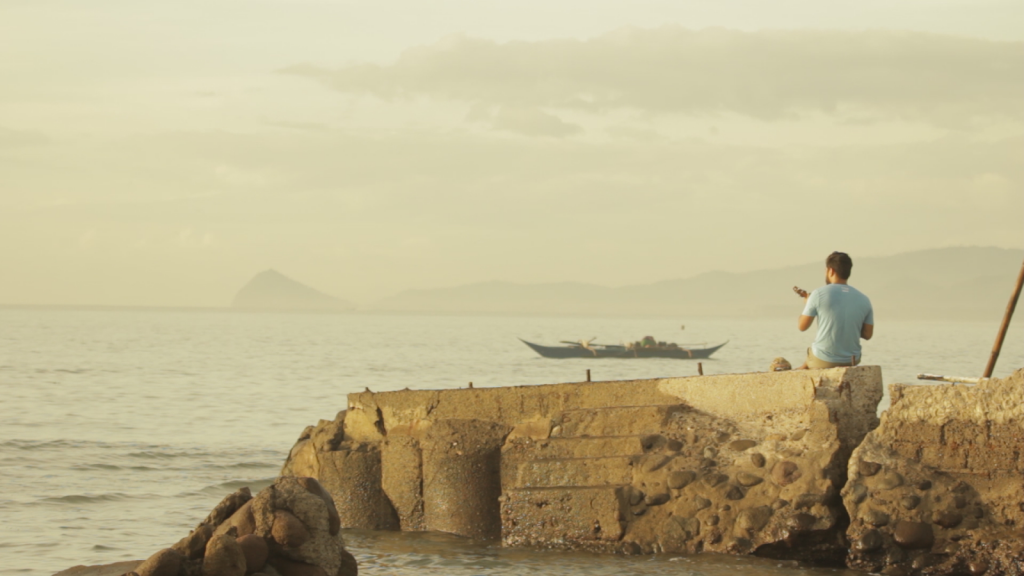
Logistically speaking, setting up the interviews was difficult. Many of the people in the film had no cell phones, and so meeting up operated on “an honor system,” Bari calls it. “It was like, ‘Okay, meet me by this tent or tree at about 3 o’clock your time.’”
And earning the trust of these individuals was also no easy feat. “Foreigners come in and they take some pictures and leave. We’re trying to do the exact opposite,” Bari says. “We’re trying to be part of it. We’re not trying to take what we got and run away.” In the beginning, “A camera was not even an option. It’s the worst thing, if you ask me, if you just go and shove a camera in someone’s face who’s been through a lot of stuff and lost members of their family, their household, their livelihood, their everything.”
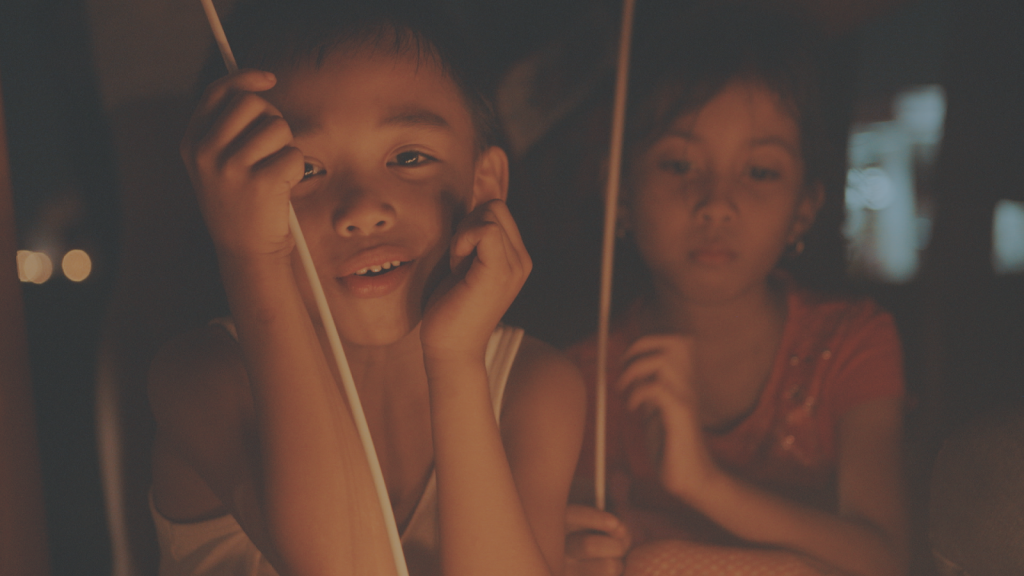
It is this commitment to interpersonal relationships that We Call Her Yolanda is founded on, a commitment that births an ingenuity from the subjects of the documentary. The film, Bari clarifies, is meant to serve not as a filtered nor nitpicked narrative, but instead, as a platform for these individuals’ stories, and aims to keep the integrity of these stories intact. “A lot of people think that it’s a normal, everyday thing—they never realize how big [the Typhoon was] because they’re watching it from their living room or on Facebook. It’s very disconnected the way you find out about these disasters.”
With this in mind, Bari states that the perspective is “not from the foreigner, but from the person on the ground.” The name of the film is derived from this notion as well. Bari points out that media outlets, specifically in the United States, call the storm “Typhoon Haiyan.” But in the Philippines, survivors call it “Yolanda.”
To this day—nearly three years after the Typhoon and miles away from Tacloban—Bari and the rest of the We Call Her Yolanda are still in close contact with the families and individuals they met in the Philippines. When asked what comes after the film, Bari expresses that he wants to return back to Tacloban. He speaks of the fisherman who was interviewed for the film. “He needs a deep sea fishing boat,” Bari remembers. “If enough people pay attention to this project, we can go back there and actually buy the boat with him.”
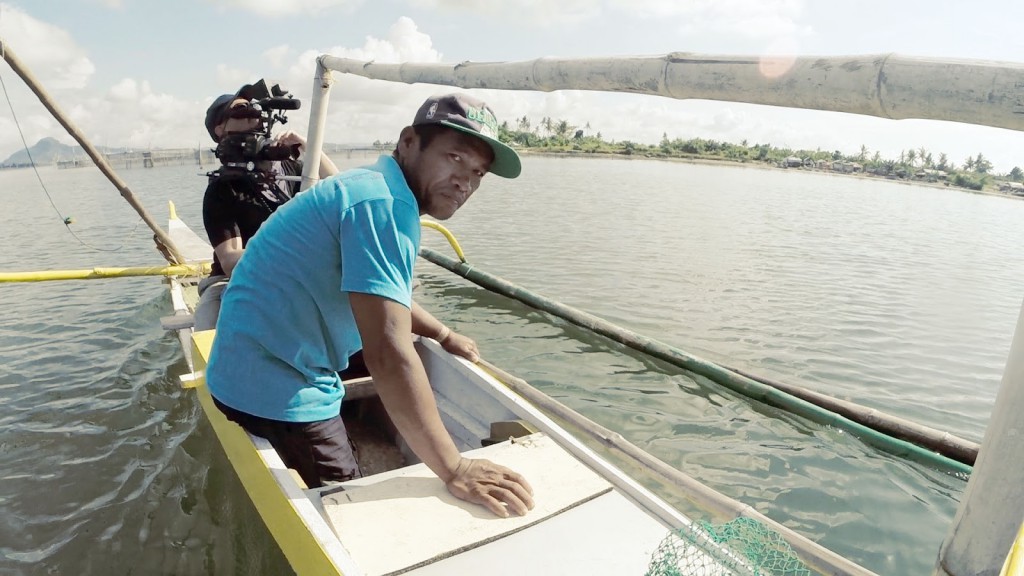
Learn more about the film at http://www.wecallheryolanda.com/
![]()
